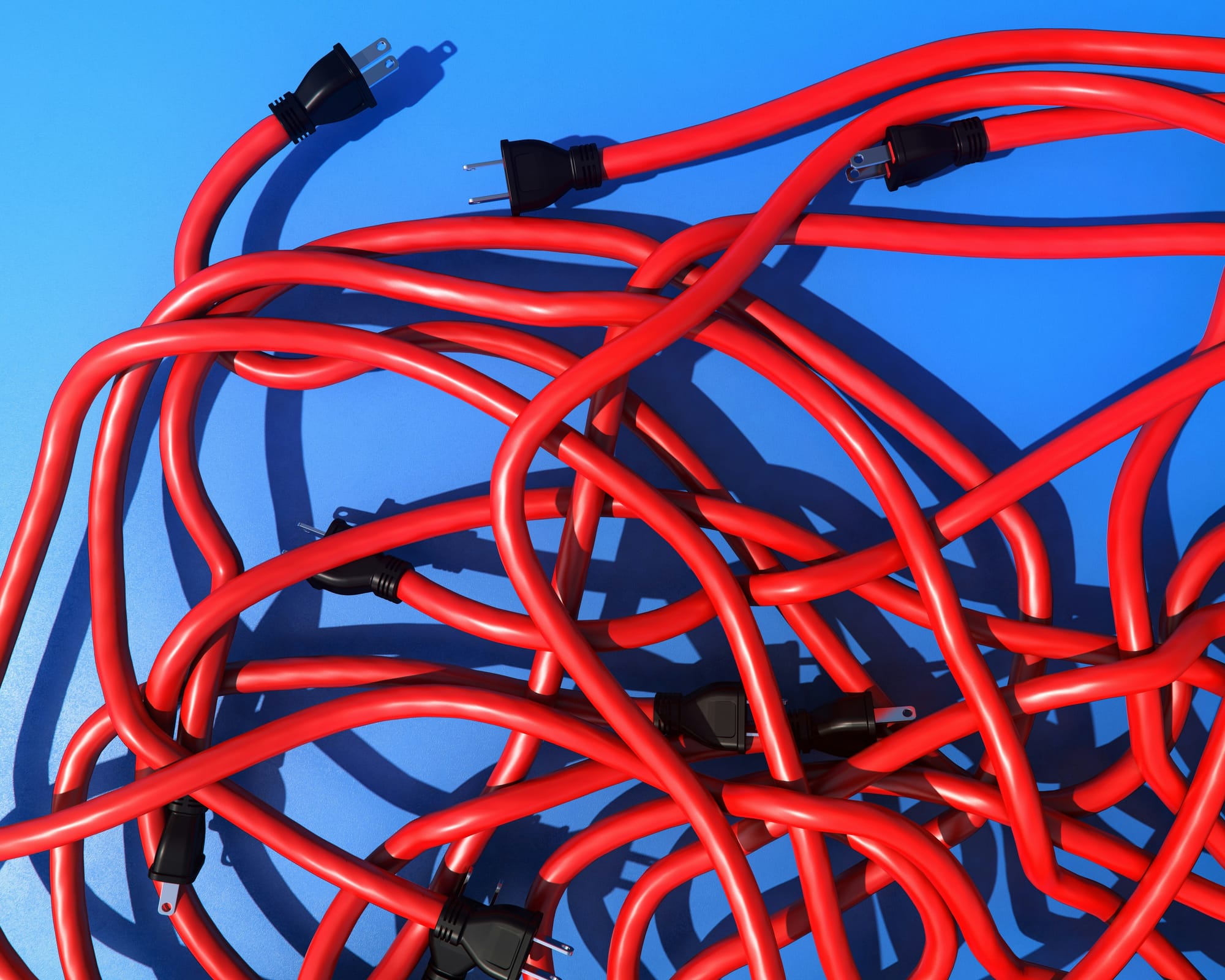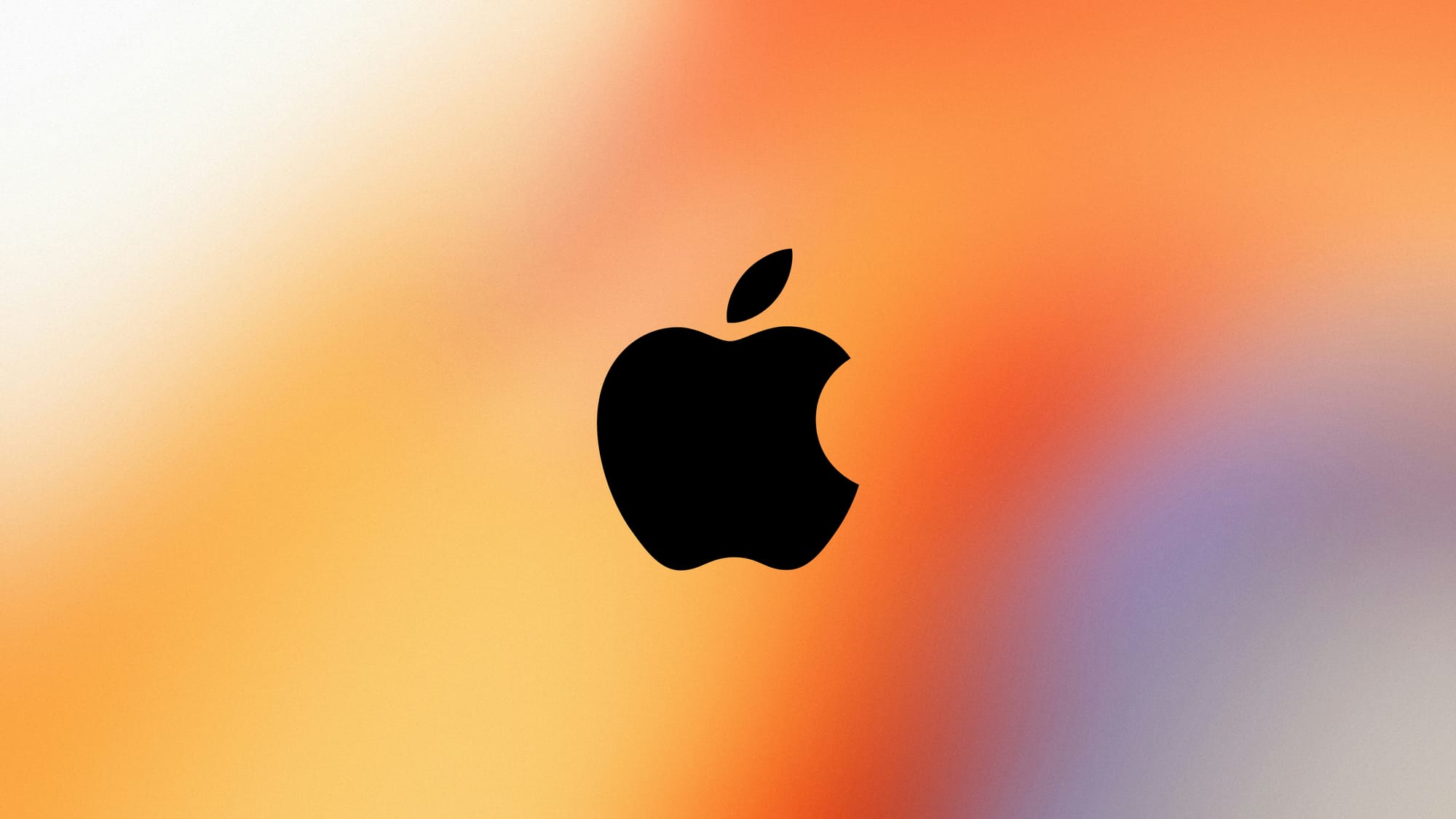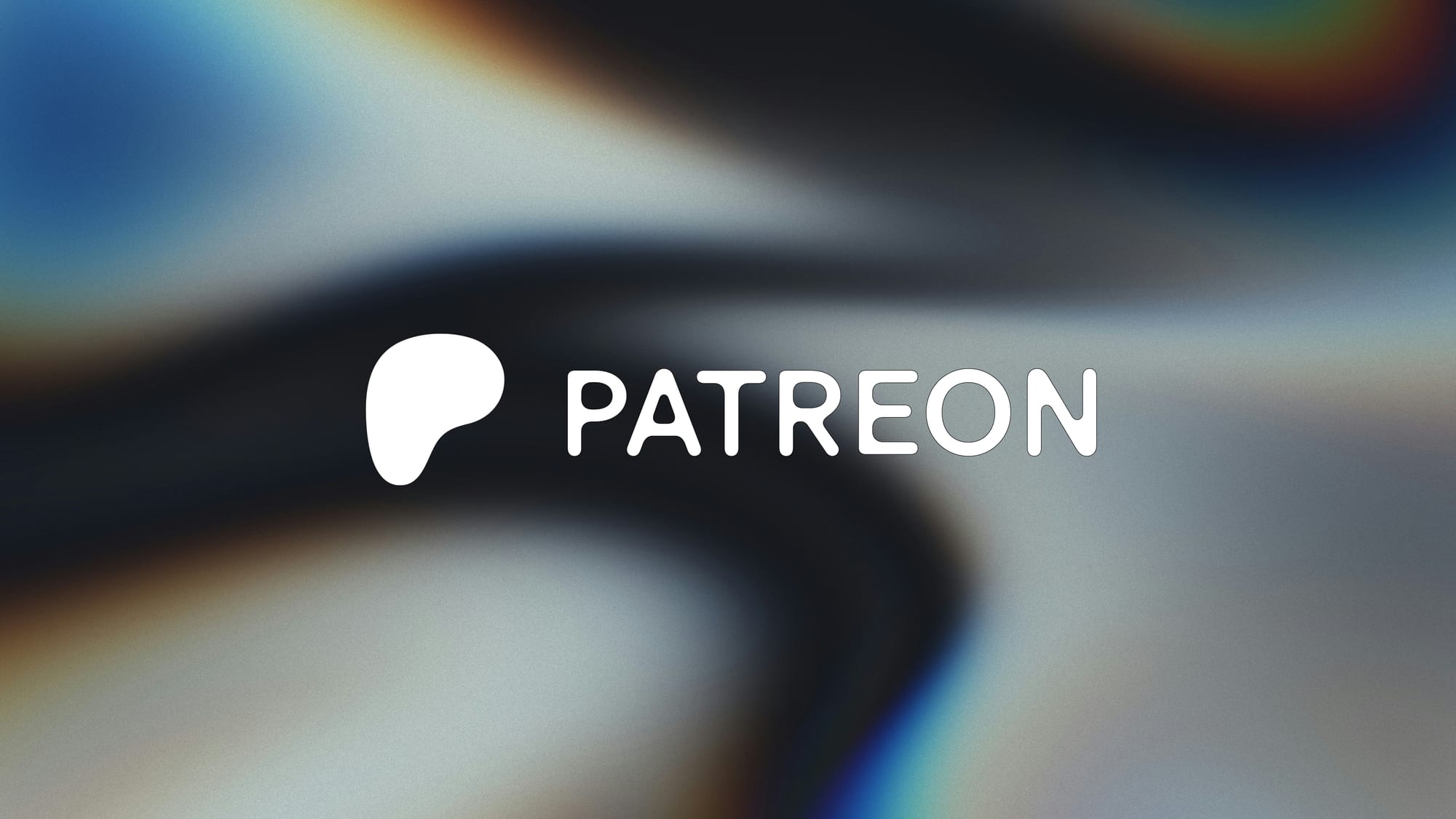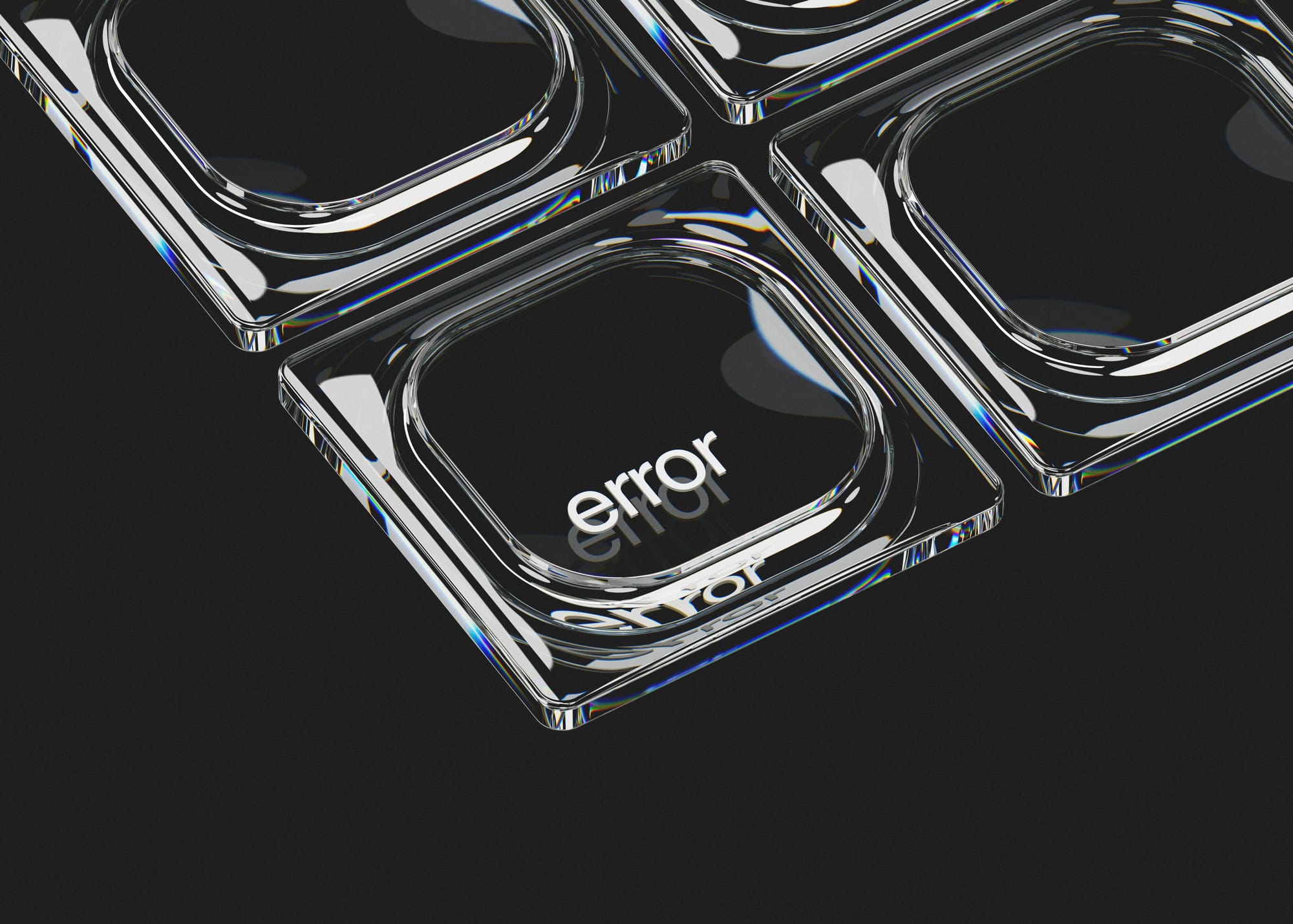The "hustle culture" narrative has dominated social media for years, but as we navigate 2025, mental health professionals are sounding the alarm about the hidden costs of our side-hustle obsession. While 45% of Americans now have a side hustle according to recent surveys, the psychological toll is becoming impossible to ignore.
The Double-Edged Sword of Side Hustles
Dr. Sarah Chen, a clinical psychologist specializing in work-related stress, explains:
"Side hustles can provide financial security and creative fulfillment, but they can also create a dangerous cycle of overcommitment and burnout. The key is intentional boundary-setting."
The benefits are real – extra income, skill development, and entrepreneurial experience. However, research from the American Psychological Association shows that individuals juggling multiple income streams report 23% higher stress levels and increased rates of anxiety compared to those with single employment.
Warning Signs Your Side Hustle Is Hurting Your Mental Health
Watch for these red flags:
- Sleep disruption: Working late into the night on your side project
- Social isolation: Declining invitations to prioritize hustle time
- Chronic fatigue: Feeling exhausted despite adequate rest
- Relationship strain: Partners or family expressing concern about your availability
As productivity expert Cal Newport notes in his recent work:
"The most successful side hustlers aren't those who work the most hours, but those who work the most strategically."
The 2025 Approach: Sustainable Side Hustling
Mental health advocates are promoting a new framework for side hustles that prioritizes wellbeing:
The Financial Therapy Perspective
Financial therapist Amanda Rodriguez emphasizes:
"Many people start side hustles from a place of financial anxiety, which can create a vicious cycle. Address the underlying money mindset issues alongside building your additional income stream."
Consider whether your side hustle stems from genuine passion and opportunity, or from fear and scarcity. The latter often leads to unsustainable practices that harm both mental health and long-term success.
Building Your Support System
Successful side hustlers in 2025 aren't lone wolves – they're part of communities. Join online groups, find accountability partners, and don't hesitate to seek professional help when stress becomes overwhelming.
Remember that therapy isn't just for crisis situations. Many successful entrepreneurs work with mental health professionals proactively to maintain peak performance and life satisfaction.
The Bottom Line
Your side hustle should enhance your life, not consume it. As we move through 2025, the most successful individuals will be those who recognize that sustainable success requires protecting their mental health as fiercely as they pursue their financial goals.
The hustle is important, but your sanity is irreplaceable. Build your empire, but don't sacrifice your peace of mind in the process.
If you're experiencing persistent stress, anxiety, or depression related to work pressures, consider reaching out to a mental health professional. The National Alliance on Mental Illness (NAMI) offers resources and support at nami.org.














Discussion